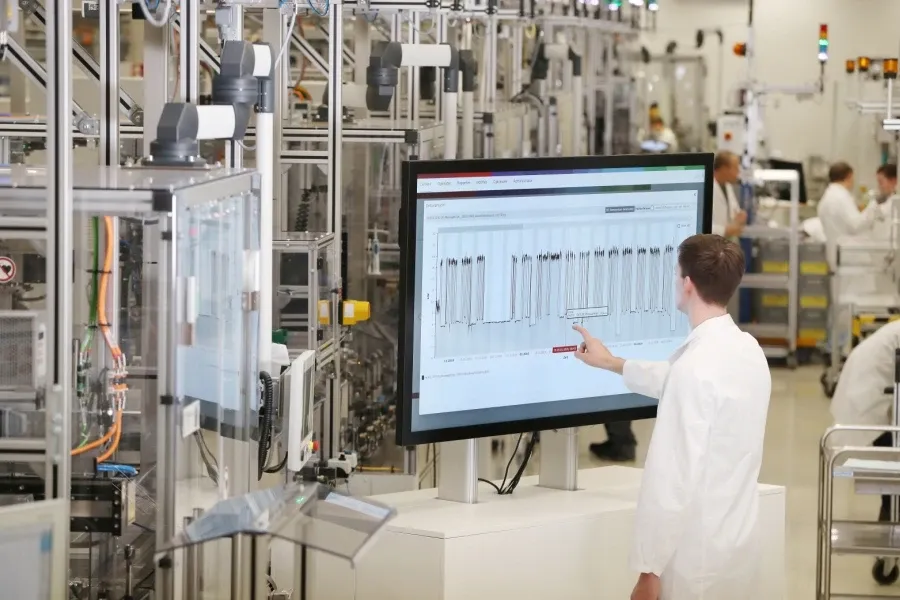Qualcomm Announces Snapdragon 8 Gen 5 Platform
Qualcomm added its latest smartphone platform to its premium-tier Snapdragon range.

Bosch is ready to be fully climate-neutral as early as next year, the company said in a press release. Its over 400 locations worldwide, and their engineering, manufacturing and administrative facilities will no longer leave a carbon footprint. This will make Bosch the first major industrial enterprise to achieve this ambitious goal in a little over a year.
“We see climate action as our responsibility, and believe we have to act now,“ said Volkmar Denner, chairman of the board of management of Bosch. In a bid to swiftly achieve carbon neutrality, Bosch will buy more green electricity in the near term and compensate for unavoidable CO2 emissions with carbon offsets. In the years to 2030, the company will gradually increase the share of renewable energy in the power that it generates and buys, and will invest a billion euros to boost its locations’ energy efficiency.
Once Bosch achieves climate neutrality, it will no longer adversely affect carbon dioxide concentration in the atmosphere. The company is thus making an important contribution to the Paris climate agreement ratified in 2015, which calls for global warming to be kept well below two degrees Celsius above pre-industrial levels. “Everyone has to contribute to climate action,“ Denner says.
Industrial enterprises can make a significant contribution to the drive for global climate neutrality. According to the International Energy Agency, manufacturing accounts for around 32 percent of global carbon dioxide emissions. As it stands, Bosch emits around 3.3 million metric tons of carbon per year. The company has already reduced carbon emissions relative to its value creation by nearly 35 percent since 2007.
Starting in 2020, Bosch will compensate for any residual and unavoidable carbon emissions primarily by buying green power from legacy plants and taking part in carbon offset programs. The company is investing in environmental projects, certified to rigorous standards, aimed at supporting social and ecological development. Carbon offsets are to be gradually scaled back by 2030, and Bosch is stepping up investments in renewable energies to this end.
Enhanced energy efficiency is a powerful tool for achieving carbon neutrality. Bosch will invest a billion euros in the energy efficiency of its plants and buildings over the next ten years. By 2030, the company plans to save additional energy amounting to some 1.7 terawatt hours per year. This is more than one-fifth of its current annual consumption, and comparable to the amount of electricity consumed by private households in Cologne.
In the years up to 2030, the company will incur one billion euros in added costs by buying green electricity, engaging in carbon offset programs, and sourcing power from renewables. In that same period, Bosch will invest one billion euros to boost in-house energy efficiency. This increase in energy efficiency will save Bosch around one billion euros, thereby bringing the company’s expenditure on carbon neutrality down from around two billion to one billion euros by 2030. “Carbon neutrality is doable and, if pursued with the necessary determination, can be achieved quickly. Our investments benefit not only us at Bosch, but humankind in general as well,“ Denner said.